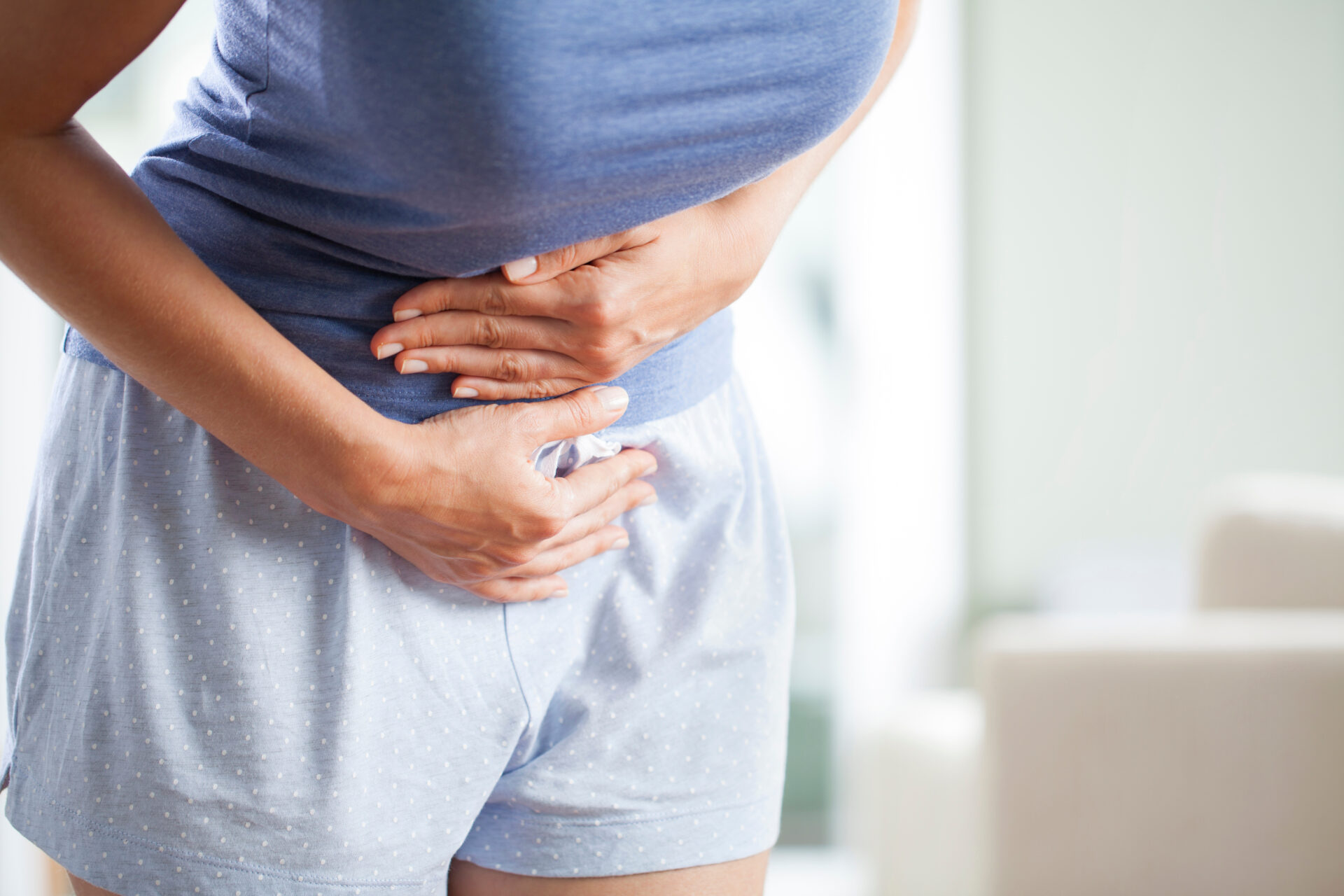Are Uterine Fibroids a Health Concern?

Uterine fibroids are common, but what do they mean for your health? These noncancerous growths in the uterus can cause serious, uncomfortable symptoms.
The good news is that uterine fibroids are treatable, and getting rid of them can help you avoid unwanted complications.
Read on as Dr. Nordine Gaugau shares how the team at Image Guided Surgery Center in Clinton, Maryland, can help you find relief from uterine fibroids.
About uterine fibroids
Uterine fibroids — sometimes called leiomyomas or myomas — are benign tumors that develop in the muscular wall of the uterus. They can vary in size; they may be as small as a seed or as large as a grapefruit. You can have a single fibroid or multiple fibroids at once.
Unlike cancerous tumors, benign tumors don’t spread to other parts of your body. Fibroids rarely develop into cancer but can still cause significant discomfort.
Symptoms of uterine fibroids
Fibroids are common; as many as 80% of women have at least one fibroid by age 50. Not all women with fibroids experience symptoms; when they do, symptoms may include:
- Heavy or prolonged menstrual bleeding
- Pain in the lower back or pelvic area
- Frequent urination
- Constipation
- Pain during intercourse
- Abdominal bloating
Fibroids can also contribute to fertility challenges or pregnancy complications.
When uterine fibroids pose health concerns
Apart from annoying and painful symptoms, large or numerous fibroids can pose health concerns, including:
Anemia
The heavy, painful periods associated with fibroids can raise your risk of anemia. If you’re anemic, you don’t have enough healthy red blood cells to carry oxygen throughout your body. You may feel tired or dizzy or have more frequent headaches.
Anemia can be life-threatening if not addressed. Don’t ignore the early signs of anemia.
Pressure on your organs
Large fibroids can press on your organs, including your bladder. That can cause frequent urination or difficulty emptying your bladder.
Fibroids pressing on your rectum may lead to chronic constipation, which increases your risk of hemorrhoids, anal fissures, fecal impaction, rectal prolapse, and even bowel obstruction.
Treating fibroids can alleviate pressure on your internal organs.
Chronic pain
Chronic pain, regardless of cause, can take a toll on your physical and mental wellness. It can increase your risk of depression, affect your social health (e.g., skipping outings because you’re feeling unwell), and contribute to sleep disturbances.
Chronic pain can also lead to decreased physical activity and make it hard to concentrate on daily tasks.
Fertility and pregnancy issues
Fibroids can block your fallopian tubes (where conception takes place), altering the shape of the uterus or disrupting implantation.
During pregnancy, they may increase your risk of miscarriage, preterm labor, and complications like placental abruption or fetal growth restriction. Fibroids can also necessitate a C-section due to their impact on your uterus.
Treatment options for fibroids
Treatment for fibroids depends on the severity of your symptoms, the size and location of the fibroids, and your reproductive plans. Treatment approaches include:
- Watching and waiting (for asymptomatic fibroids)
- Medication
- Minimally invasive treatments
- Surgery to remove the fibroid
Here at The Fibroid Center at Image Guided Surgery Center, Dr. Gaugau offers a minimally invasive treatment called uterine fibroid embolization, where he cuts off the blood supply to the fibroid.
As your fibroid shrinks, your symptoms start to dissipate. And the best part? The process doesn’t require large incisions — it’s all done through your vascular system.
If you’re struggling with uterine fibroids, don’t wait until your symptoms worsen before reaching out for help. Call our office at 240-244-2302 to schedule a consultation with Dr. Gaugau, or send us a message online today.
References:
- Life-threatening anemia due to uterine fibroids: A case series – PMC
- What is Hemoglobin? Normal Levels and Potential Problems
- Anemia – What Is Anemia? | NHLBI, NIH
- Chronic Pain-Induced Depression: A Review of Prevalence and Management – PMC
- Uterine fibroids


